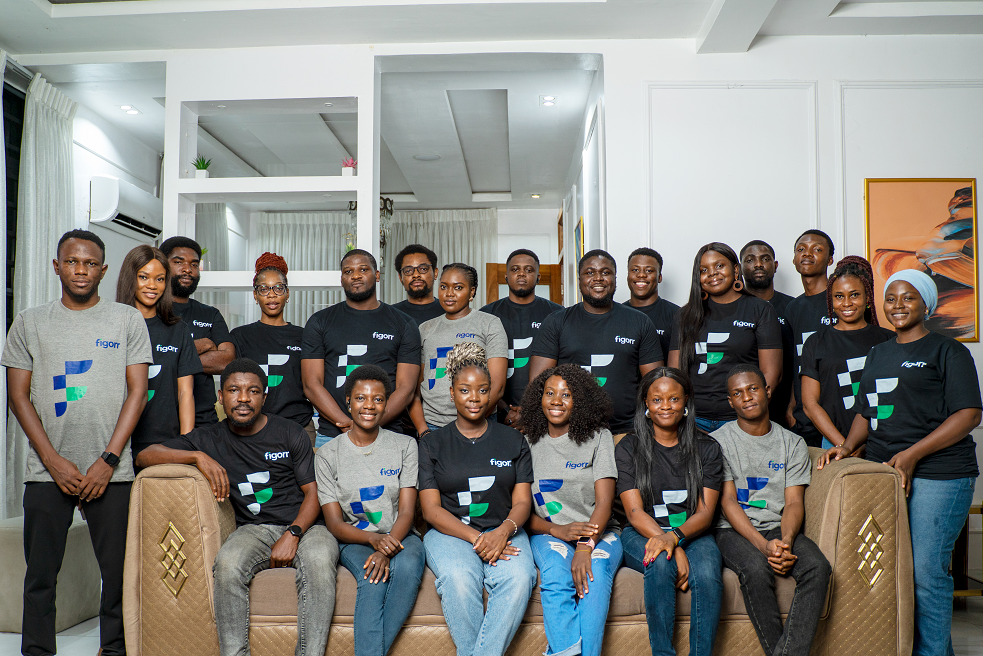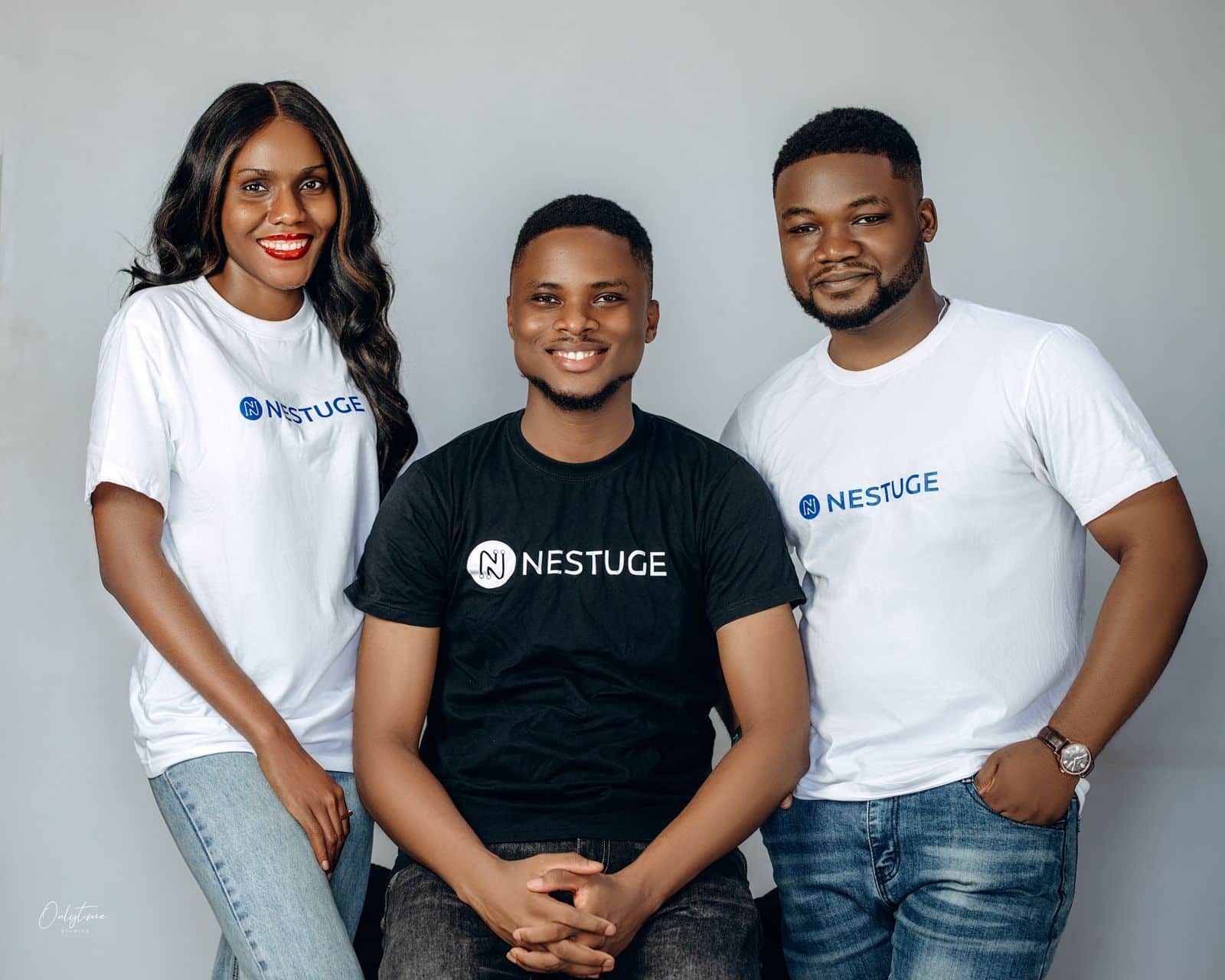At least 525 women out of every 100,000 in Africa died during childbirth in 2020. That’s according to data from the United Nations Children’s Fund.
Contrast that with the 1,000 maternal deaths recorded in Europe throughout 2020, a figure that still got experts concerned.
One of the major reasons for maternal mortality is postpartum haemorrhage. While the bleeding can often be managed, getting blood to replenish what is lost is not the easiest task in Africa.
There’s the fact that Nigeria, for example, does not collect enough blood to meet requirements. Furthermore, many hospitals do not have adequate storage.
That’s one of the problems Oghenetega Iortim is solving with his startup, Gricd. When Iortim started Gricd in 2018, he intended to reduce wastage in Nigeria’s agricultural sector.
As Muhammadu Buhari took office as president of Nigeria in May 2015, he repeatedly emphasised the need for Nigerian youths to turn to agriculture.
Iortim was one of the many Nigerians who heeded his advice, but he was soon met with a common challenge for many farmers in Nigeria. More than 30% of food waste in Nigeria is caused by a lack of adequate storage facilities and it is common to see heaps of agricultural products rotting away.
Iortim’s experience led to the design of a cold storage technology using clay. While it solved the problem, its bulky design deterred potential customers. The company would continue making alterations to the initial design eventually ending up with a cold storage box.
Today, Gricd, which Iortim founded in 2018, is announcing a $1.5 million seed round led by Atlantica Ventures. Other investors in the round include Vested World, Jaza Rift and Katapult. It is also announcing a rebrand that will see it take on the name, Figorr, a play on the spelling of figure and a reference to its data-driven model.
“When we registered the business, it was mostly around focusing on agriculture but where we are today is so much beyond agriculture. We serve people in the healthcare space, in the logistics space, [and] the agricultural space as well and we were thinking about who we are as a company.
“We’re a data company really. If you look at what we do, we provide data to companies to help them to pre-empt and prevent losses. And so a name befitting of that was Figorr which refers to numbers, sort of like a wordplay on figure.”
Although Figorr began with plans to provide portable cold storage facilities, Iortim says it made a pivot in 2020 to provide cold chain monitoring services. According to him, while customers bought its cold storage boxes, they frequently let the startup know that the data that the boxes provided was more valuable.
“The Mote 50 was an attempt to build a sort of mobile refrigerator that had its own power source and communicated location and storage conditions in real-time, but we had a few challenges with deploying that.
“What we got from the market was actually that the IoT component of it was the more valuable side of things for [many] of the businesses that we were trying to deal with and so we went in that direction.”
Now, the business’s focus is on the Gricd Mote, an IoT device that complements cold chain infrastructure. Customers can monitor and track vital data at cold storage facilities, including temperature changes. Figorr’s devices now serve businesses in the healthcare, agricultural, and logistics sectors.
It has also gained recognition for its work, winning grants from the Alibaba Group, Google, and GreenHouse Labs. In 2021, the business partnered with the National Primary Health Care Development Agency (NPHCDA) to deliver 4.2 million of the Moderna COVID-19 vaccine.
Iortim says customers do not pay for the Gricd Mote but instead pay a subscription fee to access the data it provides. The base fee is $10, but customers can pay higher depending on the data they require.
While Figorr has its roots in Nigeria, it has now provided its solutions to businesses in at least seven African countries, including Kenya, Tanzania, South Africa, and Ethiopia. It has also tracked more than 100 million perishable items, while helping customers save more than $200 million, according to a statement shared with Techpoint Africa.
According to Aniko Szigetvari, Founding Partner at Atlantica Ventures, “Tega and the Figorr team have built a powerful suite of products and services to support the cold chain industry and ensure quality of perishable goods and pharmaceutical products in Nigeria and across the continent. We are excited to support the growth and regional expansion of the company.”
Figorr intends to use its seed funding to pursue partnerships with insurance companies, which Iortim says would help businesses with perishable products to have some cover in the event of a loss.
“Because of the high number of losses that happen in the perishable space, you find that a lot of insurance companies stay away from providing coverage for customers in this sector. It affects the two parties [beginning with] my customers in the sense that when my customers lose products, they bear a hundred percent of the losses.
“But that also means they transfer that cost to the end consumer. So you’ll find things like some pharmaceutical products in Nigeria costing three to four times the price that you’ll find in the European market, largely because my customer has lost and is simply passing on the cost to the end consumer.”
For insurance companies, Iortim believes that by providing them with data to underwrite risks for the businesses they serve, they can increase revenues. The startup also plans to increase its coverage of the East African region and will commit some of the funding to hire new employees.











